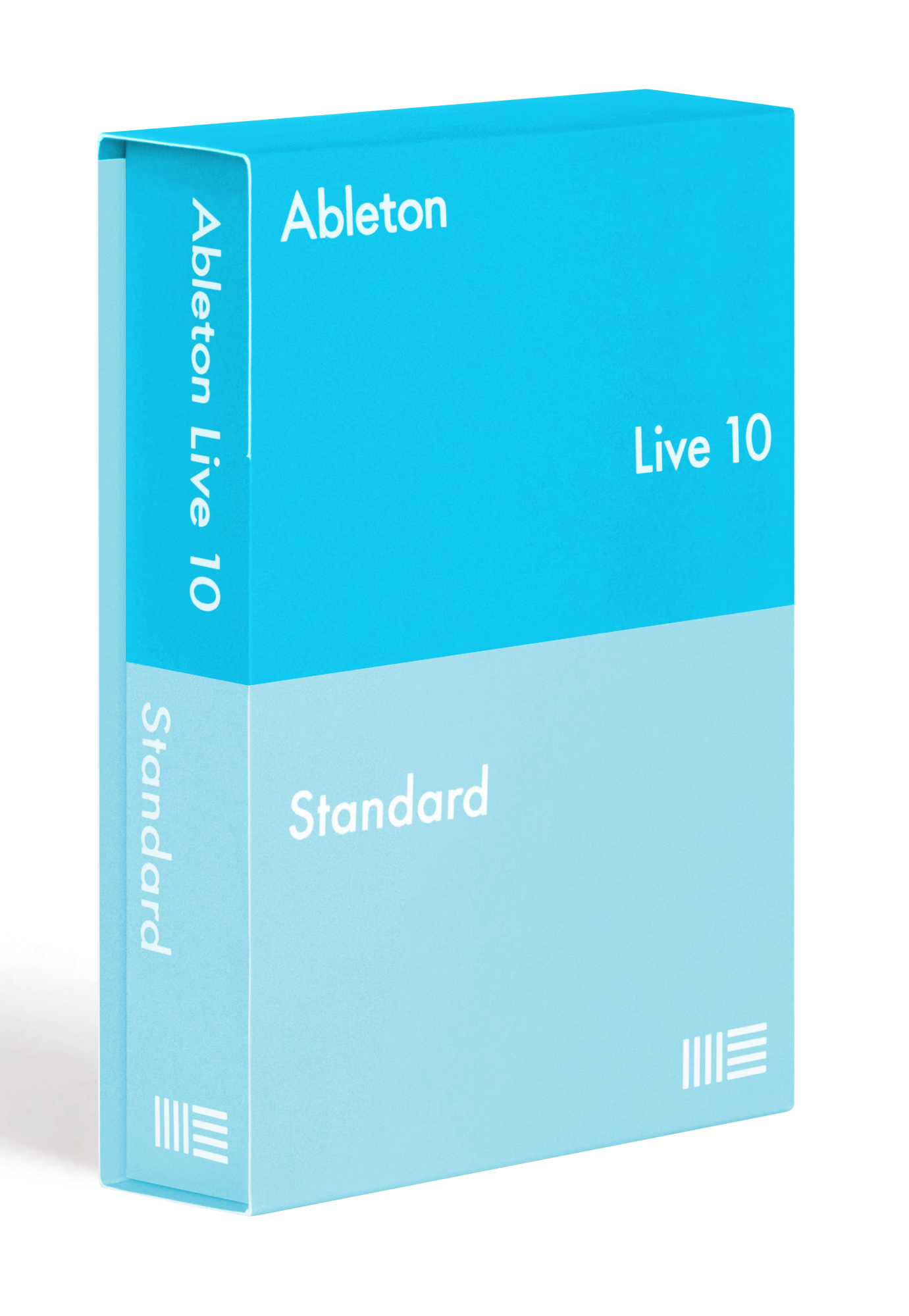

Sure, both the DAWs provide the basics to creating computer music, such as recording, using virtual instruments, and other essential functions.
#Ableton live 10 price pro#
Pro Tools and Ableton are both used in professional music situations every day, yet their more defining features differ greatly from each other. I’ll be breaking my observations into four different sections:
#Ableton live 10 price software#
If you’re toying with the idea of purchasing either one of these software packages, read this comparison guide first! I’m going to be investigating the differences between these two DAWs, so read on to learn more. They are two very different DAWs, providing unique functions and approaches for a range of purposes. Pro Tools and Ableton are both used every day by hundreds of thousands of musicians worldwide, but they would be difficult to switch between. How Exactly Does Pro Tools Differ from Ableton? Pro Tools is very expensive, costing 999$/annually for their top-tier Pro Tools Flex, whereas Ableton Live Suite 11 costs just over $700 for a lifetime purchase.

The resources included in Pro Tools is focused heavily on recording and production, whereas most of Ableton’s 70GB library consists of MIDI Instruments and Sample Packs.Ableton includes a native audio programming language named Max/MSP that allows for bespoke designing of plugins, whereas Pro Tools does not have such a feature.Pro Tools is considered a music industry standard within professional studios, whereas Ableton is not at this stage.Ableton is a DAW focused heavily on creativity and experimentation, whereas Pro Tools takes a more professional and audio engineering approach.The main differences between Pro Tools vs Ableton are: Main Differences Between Pro Tools vs Ableton Which is better, and is there a particular preference I have as a guitarist? Let’s take a look. Two DAWs that I use frequently are Pro Tools vs Ableton, but they are very different. Both Pro Tools vs Ableton are handy software applications for your computer that allow you to record your guitars, create pieces of music, and manifest your musical creations. In the old days, musicians would have to record their creations through a painstakingly long tape process, but nowadays, everyone just uses a DAW.


 0 kommentar(er)
0 kommentar(er)
